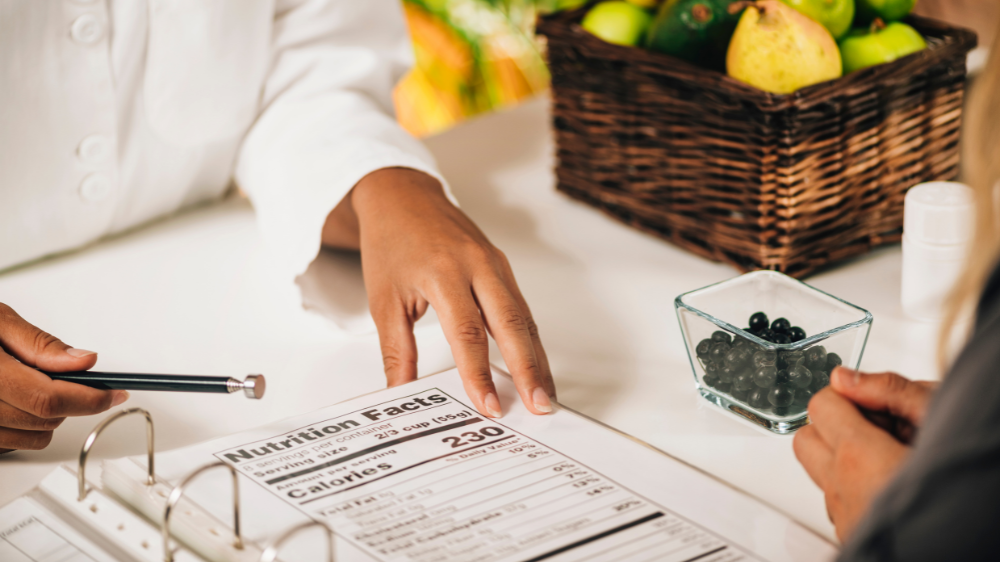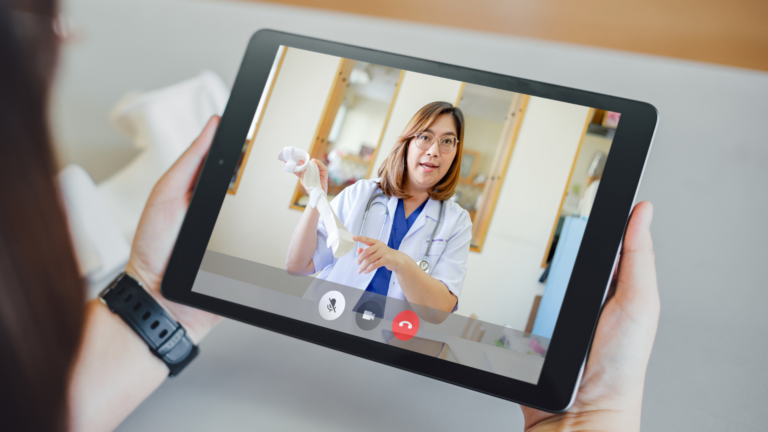- By Lydia Seales-Fuller BSN RN LNC
As a nurse, you are highly accountable to your patients and their families. You are obligated to educate your patients with factual and current information. Today, it’s become progressively more complicated to remain well-informed of the latest medical news and advances. The good news is that nurse writers prevent misinformation as they deliver peer-reviewed, reliable, evidence-based data. This blog post will discuss the role of nurse writers in the conflict against medical misinformation.
How Can Nurse Writers Ensure That the Information They Provide is Accurate?
Nurse writers ensure the information they provide is accurate by regularly checking related professional, peer-reviewed journals. A good writer must also be an avid reader. As you impart knowledge to your patients, you should also be learning. Before sending out any information, edit it for accuracy. Some sources to check accuracy include the following:
- The CDC website
- The Surgeon General’s website
- The American Nurse Journal
- The National Institute of Health’s publications
Evaluate the information you prepare and critically examine it to correct any inaccuracies. Ensure your article’s statistics, infographics, and tables match those in current professional journals. This process increases the credibility and accuracy of the information you present to patients and their families. Keep in mind that patients and the entire healthcare community depend on nurses for their health information. It must be accurate.

In addition to accurate information, ensure that your vocabulary and punctuation are correct. The meaning of your content can change if something is spelled wrong or the punctuation is incorrect. Be sure to use an editor. There are apps available for spell check, vocabulary evaluation, and readability, such as the following:
- Grammarly
- ProWritingAid
- Hemingway
- Ginger Keyboard
- Proofreader
- Scribens
- Zoho Writer
Each of the apps above has advantages for nurse writers. Some are free, while others require a subscription. After you decide which program you will use, the next part of your preparation is research.
What Strategies Can Nurse Writers Use to Ensure That Their Content is Well-Researched?
Research is vital for a high-quality finished product. Below are some strategies to use when preparing an article:
- Decide on your topic and audience. This decision will guide what you are researching and how deeply you will be researching. When you think of your audience, think of what they already know and what may require additional details.
- Organize a list of keywords and concepts. This list will guide your search. Your list of words and concepts must surround your topic.
- Consider the scope of the topic. For example, if you are writing about hypertension, decide if you will write about medications that help. Will you list the medications or explain how they work? Will you also include alternative treatments? Will you add a discussion about the circulatory system? What is the maximum number of words allowed?
- Use the CRAAP test. The test ensures that your research is Current, Relevant, Authoritative, Accurate, and presented with the right Perspective. Nursing liaison librarian of the University of Pennsylvania, Richard James, encourages using this test to fight misinformation. Be sure the information you use in your article passes this test.
- Find articles, journals, and books that are current and relevant. Strive to use recent research within three years from your writing date. New research results and innovative treatments are constantly changing the face of healthcare; therefore, as a nurse writer, you must remain current. If you are researching online, record the URLs you will include in your article.

- Ensure the credibility of your sources. Verify that your source’s author is easy to find and credible. They should be an expert on the topic with education, experience, and training. The information a nurse writer uses must be unbiased. It must be factual, not opinionated. The information should have a date. These details are crucial if you want to cite the source in your article.
- Be sure to cite your sources correctly. The forum you are writing in may have a specific citation style. Be sure to find out before you start writing. Make it easy for your readers to check the links and research material you used to prepare the article. This format gives your information credibility.
How Can Nurse Writers Stay Up to Date on the Latest Developments in the Medical Field?
The medical field is driven by constant research and new results. Professional journals and social media then become places to share these findings. There is a continuous supply of breaking news on social media. Patients are overwhelmed with news stories and information. Some of it is factual, but most of it is sensationalized.
Just think of the issues surrounding the coronavirus. The community was continually in an uproar due to many false stories about how one could contract the virus, the signs and symptoms of the virus, and what to do when you had it.
The Surgeon General found it necessary to request that the public help prevent a threat to public and personal health. He labeled that threat to be widespread misinformation about health topics.
Nurse writers prevent misinformation when they take the time to decipher breaking news, posts, and blogs flooding social media. When preparing any article on a current hot topic like the coronavirus, you must first check on social media. This step will help you to identify the misinformation circulating. Then you can build a case to refute the false stories related to that topic. Many articles written by nurse writers focus on correcting misinformation about health issues.
As you prepare your health information, stick to the following principles of information evaluation:
- Use truthful and factual information. Avoid lies about the numbers and capabilities of a treatment or product.
- Strive to be objective. Be sure not to include ads, biases, or allow funding to influence what you write.
- The writing should be clear and straightforward. This information is about the community’s health, so help them understand it. Avoid dense wording and medical jargon.
- The information must be based on science and supported by current scientific research results.
- Select relevant, reliable, timely, and relatable material.
- Be transparent. Provide the source of information, any conflicts of interest, and limitations of the product or treatment.
Keep in mind that the nursing profession is renowned for honesty and ethical behavior toward the public. You can uphold this standard by being thorough in your research and presentation of information. Maintain an environment of trust between your patients, their families, and your fellow healthcare professionals.
When your information is ready for publishing, be sure it is visually appealing. Most individuals have a brief attention span. Your information is vital to the patients, so ensure it grabs and keeps their attention.
Try not to use big words or many words. If your article appears densely worded, most people will not even read it. Have someone edit it. Make the corrections and be ready to publish your article.
Continue helping combat the public health epidemic of widespread misinformation about health issues. For more guidance on achieving this reliability, check out WriterRN’s content strategy process.
References
Bautista, J. R., Zhang, Y., & Gwizdka, J. (2021). US Physicians’ and Nurses’ Motivations, Barriers, and Recommendations for Correcting Health Misinformation on Social Media: Qualitative Interview Study. JMIR Public Health and Surveillance, 7(9), e27715. https://doi.org/10.2196/27715
Dale, C. M., & Logsdon, M. C. (2022). When is data too old to inform nursing science and practice?. Journal of Advanced Nursing, 78(12), e155-e156. https://doi.org/10.1111/jan.15411
Haas, M. (2022). How nurses can be at the forefront of battling pandemic misinformation. WHYY.
https://whyy.org/articles/how-nurses-can-be-at-the-forefront-of-battling-pandemic-misinformation/
Molina-Mula, J., & Gallo-Estrada, J. (2020). Impact of Nurse-Patient Relationship on Quality of Care and Patient Autonomy in Decision-Making. International Journal of Environmental Research and Public Health, 17(3), 835. https://doi.org/10.3390/ijerph17030835
Villarruel, A.M., & James, R. (2022). Preventing the threat of misinformation – Truth – A role for all nurses. American Nurse. https://www.myamericannurse.com/preventing-the-spread-of-misinformation/

About the Author
Lydia Seales-Fuller BSN RN LNC
Lydia has over eleven years of experience as a medical-surgical nurse. She works as a staff nurse and a travel nurse. She also has experience as a psychiatric nurse for children and adults. Prior to her nursing career, she was a nutritionist. Lydia also serves as a legal nurse consultant. She reviews documentation in charts and medical records. She ensures that policies and procedures that keep patients safe are applied consistently in nursing practice.




